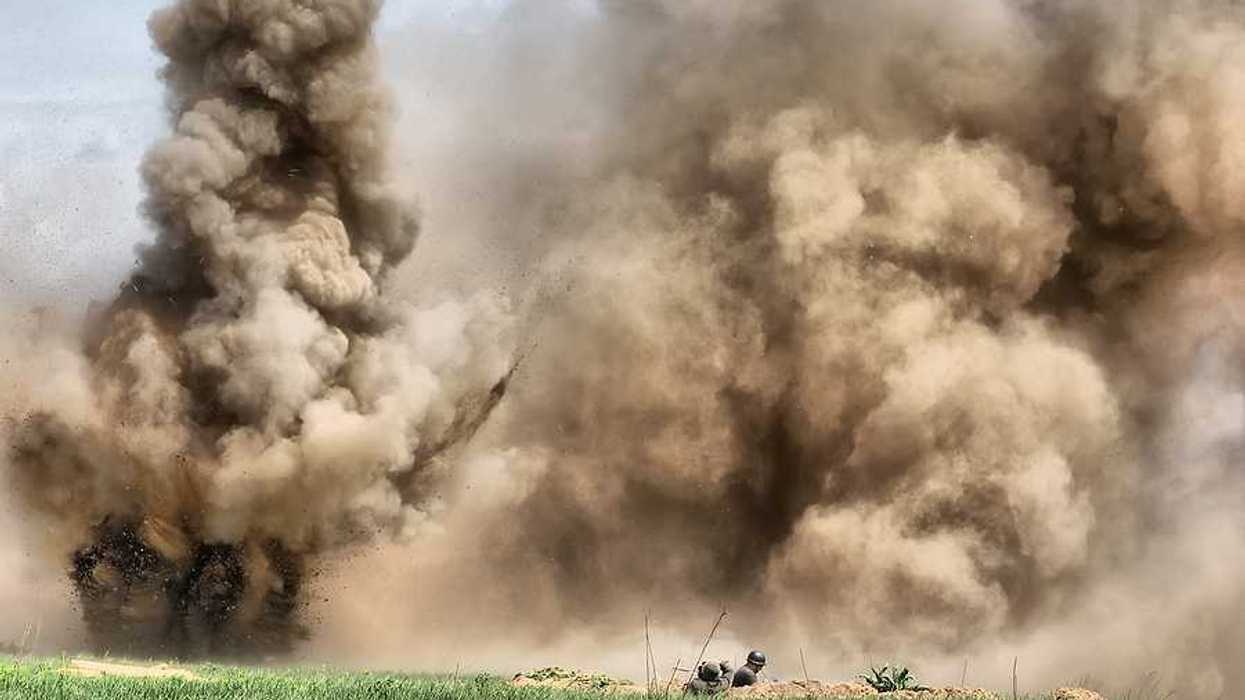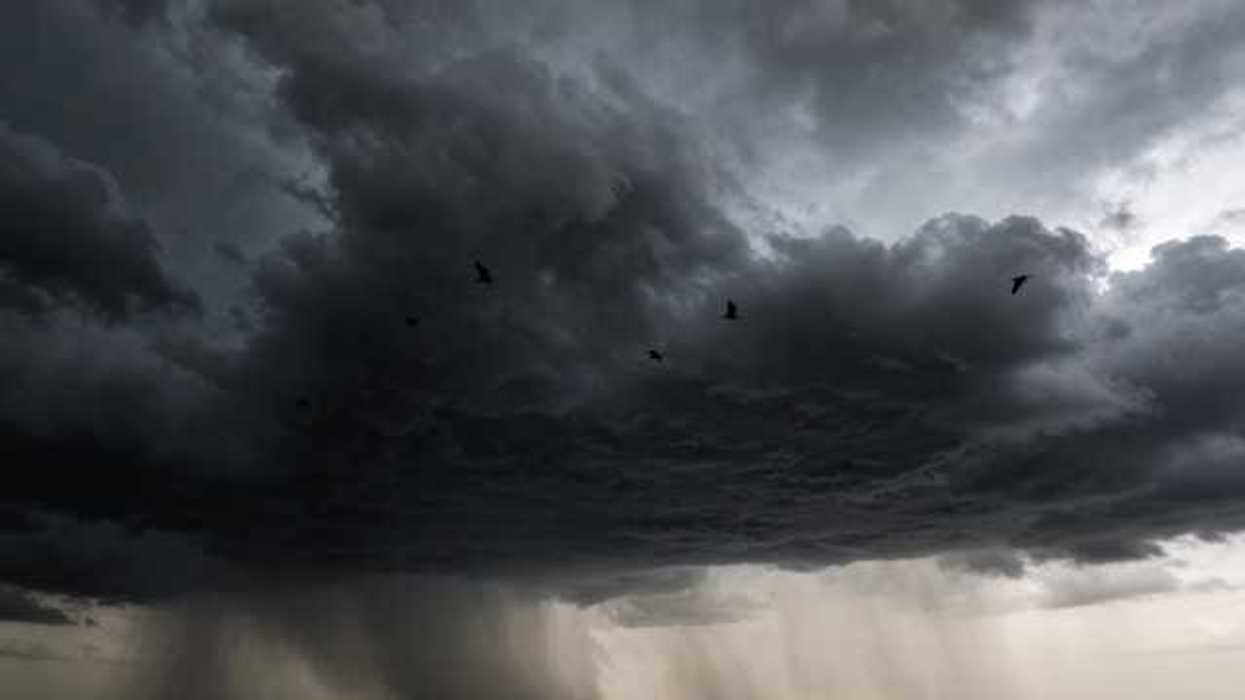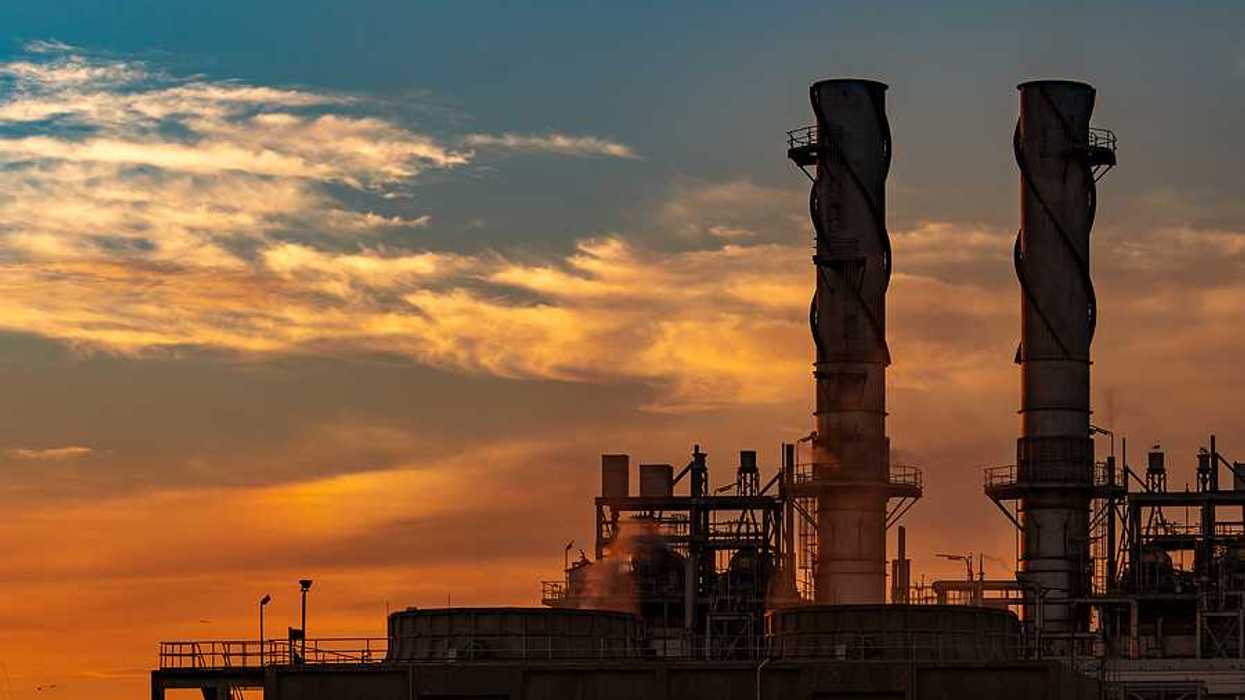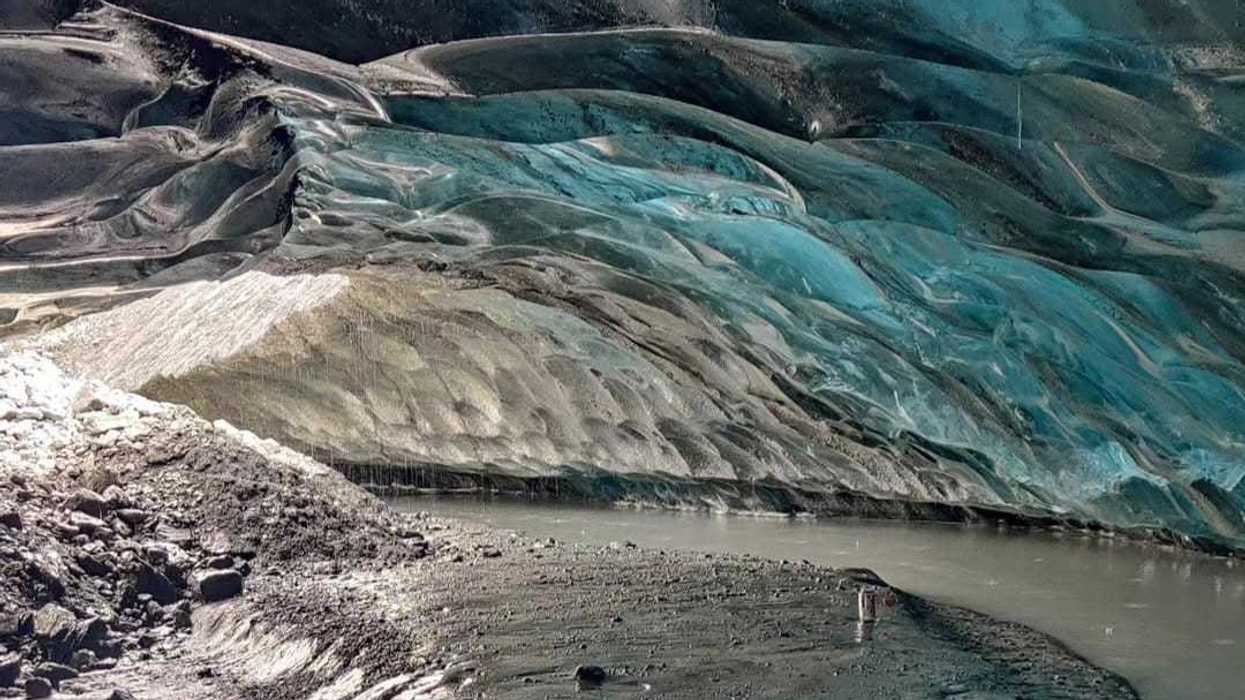Indigenous groups describe the detrimental impacts of uranium mining on their lives and lands.
Noel Lyn Smith reports for Inside Climate News.
In short:
- Five tribes share with the Human Rights Commission how uranium mining legacy continues to affect them, with new mines threatening further harm.
- Legal directives overlook tribal consent, causing disproportionate fallout on Native lands, emphasizing urgent need for policy change.
- Despite federal acknowledgments and legislative efforts, tribes seek moratoria on mining until proper remediation and consent are obtained.
Key quote:
“The U.S. has rarely, if ever, secured tribal consent for uranium production on and near tribal lands.”
— Eric Jantz, legal director of the New Mexico Environmental Law Center
Why this matters:
Uranium mining processes can release toxic substances, including radioactive materials, into the water supply. This contamination poses serious health risks to people living in these areas, as it can lead to increased rates of kidney failure, cancer, and other serious diseases. In addition, the disruption of land has had detrimental impacts on the ecosystems that these communities rely on for hunting, fishing, and gathering traditional plants, affecting their cultural practices, food security, and way of life.
Abandoned uranium mines and leftover pollution plague Western US tribes.














